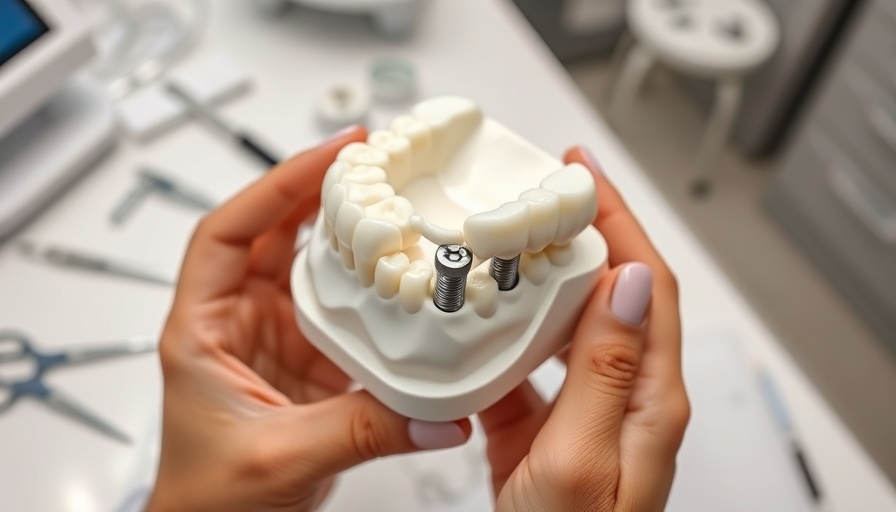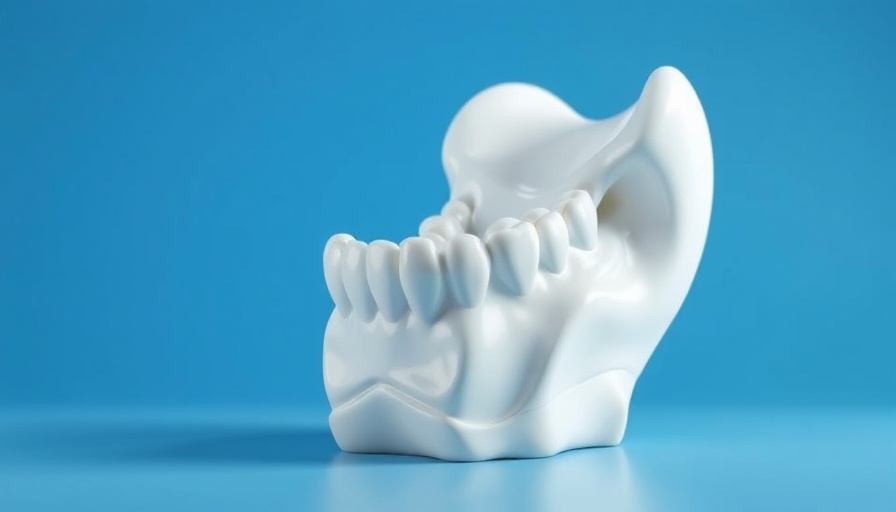
Understanding Root Canal Therapy: What You Need to Know
For many, the term "root canal" conjures up images of pain and discomfort; however, this common dental procedure plays a crucial role in preserving dental health. Root canal therapy is designed to save severely damaged or infected teeth, ultimately alleviating pain and preventing further issues. In this article, we’ll delve into the reasons a root canal may be necessary, how the procedure is performed, and why consulting a dental professional is essential.
What Exactly is a Root Canal?
A root canal is a dental treatment aimed at repairing and saving a tooth that has extensive decay or infection. The procedure involves removing the damaged or infected pulp tissue within the tooth, clearing the area, and sealing it to prevent future infections. At Legacy Dental, advanced technology ensures that the procedure is as comfortable as possible, letting patients leave with a healthier smile.
Why Might You Need a Root Canal?
Several common issues often lead patients to require a root canal:
- Severe Tooth Decay: Tooth decay happens when bacteria produce acids that erode enamel, potentially reaching the pulp and causing infection. Prompt treatment is crucial to remove infected tissue before it results in further dental complications.
- Cracked or Fractured Tooth: Even minor cracks can expose the pulp to harmful bacteria, leading to significant discomfort or infection. It’s essential to seek dental care if you experience pain after biting down or sensitivity to extreme temperatures.
- Trauma or Injury: Accidents can lead to cracked or fractured teeth, necessitating a root canal to address any subsequent infection or damage to the pulp.
The Root Canal Procedure: What to Expect
When undergoing a root canal, patients first receive localized anesthesia to numb the affected area. The dentist will then make an opening in the tooth to access the pulp chamber, removing infected debris and cleaning the interior with precision. Finally, the area is hermetically sealed to ward off further infection and ensure that the tooth can function normally again.
Post-Operative Care and Pain Management
After the procedure, it’s commonly expected to experience some discomfort as the anesthesia wears off. Most patients find that over-the-counter pain relief is sufficient; however, your dentist may prescribe medication if necessary. It’s important to follow all aftercare instructions provided by your dentist to promote healing and maintain optimal oral health.
Preventing the Need for Future Root Canals
While root canals are often necessary, they can be prevented with proper dental care. Regular checkups, cleanings, and practicing good oral hygiene—like brushing and flossing—will contribute significantly to your dental health. It’s important to stay vigilant about any signs of dental distress, such as persistent toothaches, to catch potential problems early.
Conclusion: Prioritize Your Dental Health
If you suspect that you might need a root canal or haven’t had a dental checkup recently, don’t hesitate to reach out to your local dental clinic. Taking proactive steps today can save you from more invasive procedures down the line. Remember, maintaining good oral health is your best defense against issues that could require corrective treatment. Schedule a dental appointment online with your local dentist today and invest in your smile's future!
 Add Row
Add Row  Add
Add 




 Add Row
Add Row  Add
Add 

Write A Comment